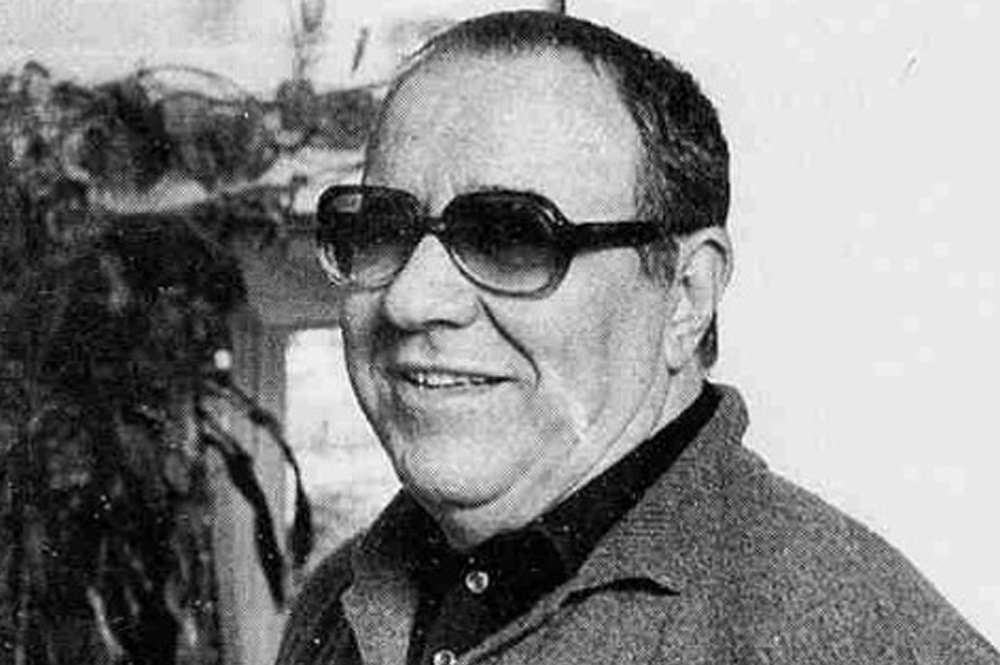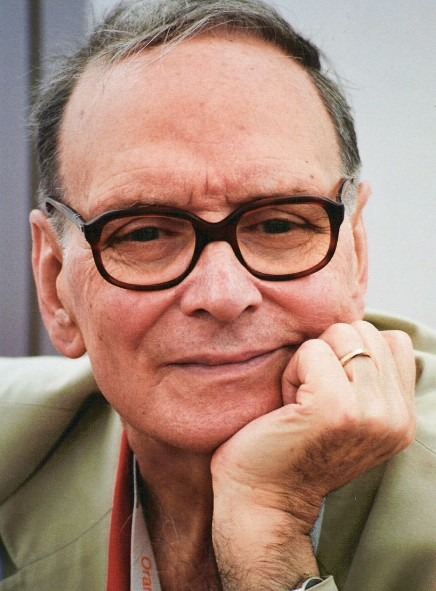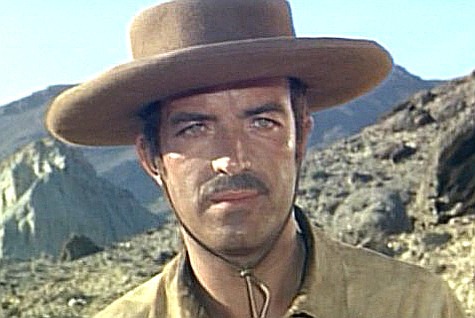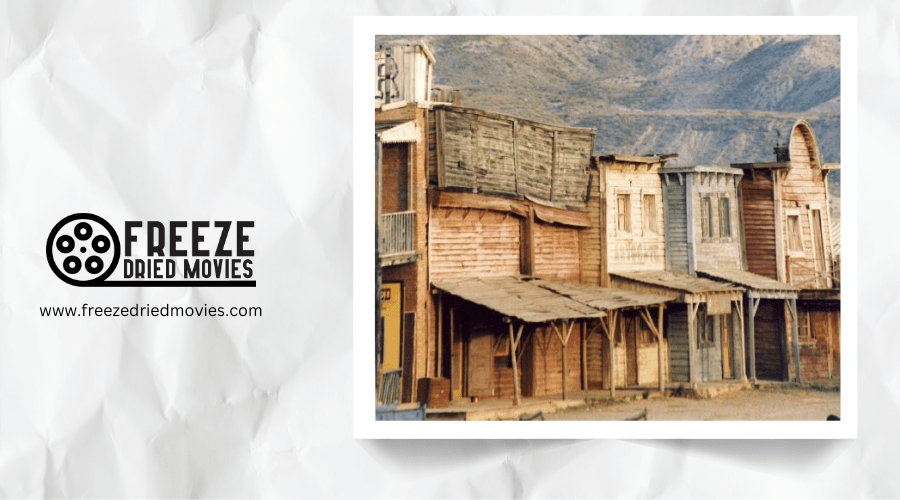Top 5 Spaghetti Western Directors and Their Signature Techniques

You've seen those iconic Western standoffs where the camera zooms in on squinting eyes, but do you know the visionaries behind these moments? While American Westerns dominated early cinema, it was Italian directors who reinvented the genre with distinctive visual styles, political undertones, and unforgettable scores. From Leone's extreme close-ups to Corbucci's snow-covered landscapes, these five directors transformed simple cowboy tales into cinematic masterpieces. Their techniques still influence filmmakers today, and you'll soon discover why.
Sergio Leone: Master of Extreme Close-Ups and Musical Tension
When discussing the pantheon of Spaghetti Western directors, Sergio Leone stands unrivaled at the summit. His Dollars Trilogy, featuring Clint Eastwood as the quintessential antihero with no name, revolutionized westerns with morally ambiguous characters and striking visual style.
Leone's signature technique: extreme close-ups that capture every weathered line and emotional flicker on his characters' faces. This visual approach, combined with his masterful editing—alternating between lengthy takes and perfectly timed cuts—creates unbearable tension.
Leone's partnership with composer Ennio Morricone proved equally revolutionary. In Once Upon a Time in the West, widely considered his masterpiece, Morricone's haunting melodies complement Leone's expansive cinematography and deliberate pacing. Together, they crafted a cinematic language that transformed the western genre forever. Unlike John Wayne's career, which evolved from prop man to leading roles in traditional Westerns, Leone broke conventions with his stylized approach to the genre.

Sergio Corbucci: The Politics of Violence and Snow-Covered Westerns
If Leone painted his westerns with operatic grandeur, Sergio Corbucci crafted his with unflinching political consciousness and brutal realism. You'll find Corbucci's spaghetti westerns distinctly more nihilistic, using violence not merely for spectacle but to condemn social injustice.
His masterpiece "The Great Silence" abandons dusty landscapes for snow-covered Utah, featuring a mute protagonist seeking vengeance—a stark departure from genre conventions. Meanwhile, "Django" launched Franco Nero to stardom with its mud-drenched setting and coffin-dragging antihero manipulating rival factions.
Corbucci pioneered the Zapata Western subgenre with "A Bullet for the General," exploring how oppression transforms bandits into revolutionaries. While both directors collaborated with Ennio Morricone, Corbucci used those haunting scores to underscore political themes rather than mythic showdowns, creating melancholic westerns that challenged both genre expectations and societal norms. His innovative approach to genre filmmaking mirrored Roger Corman's dedication to artistic expression while working outside the mainstream Hollywood system.
Giulio Petroni: Revenge Narratives and Emotional Depth
Three elements define Giulio Petroni's contribution to the spaghetti western genre: emotional depth, moral complexity, and revenge narratives that transcend simple vendettas. While less celebrated than Sergio Leone, Petroni crafted character-driven stories that balance graphic violence with psychological nuance.
You'll find his masterpiece, "Death Rides a Horse," exemplifies this approach through a tense mentorship between Lee Van Cleef's weathered gunfighter and his vengeful protégé. Petroni borrowed Leone's visual style—dramatic close-ups and zooms—but deployed them to heighten emotional impact rather than stylistic flourish.
Petroni's work is distinguished by his commitment to morally ambiguous characters whose quest for vengeance reveals deeper human truths. His films ask uncomfortable questions about justice while delivering the visceral action that defines the Spaghetti Western tradition. Much like the Golden Age heroes of 1940s horror cinema, Petroni's protagonists embodied the struggle between good and evil, allowing audiences to process complex moral dilemmas through the lens of entertainment.

Sergio Sollima: Social Commentary Through Action
Among the visionaries who shaped the Spaghetti Western landscape, Sergio Sollima stands as its most politically astute architect. His films consistently elevated the genre through intellectual rigor while delivering hard-edged action sequences.
In "The Big Gundown," you'll witness Sollima's genius as he positions Lee Van Cleef's legendary bounty hunter against a Mexican peasant, using their pursuit to critique societal injustice. Unlike his contemporaries, Sollima populated his narratives with morally ambiguous protagonists traversing complex political conflicts.
What sets Sollima apart is his ability to transform the traditionally simplistic Old West setting into a canvas for exploring thorny themes of class, race, and power. His approach wasn't about stylistic flourishes but rather nuanced characterizations that forced you to confront social issues while enjoying genre entertainment.
Tonino Valerii: Cinematic Compositions and Character Development
While Sollima used political narratives to forge his Western identity, Tonino Valerii crafted his legacy through meticulous visual composition and character depth. You'll notice Valerii's Spaghetti Westerns, particularly "Day of Anger," prioritize nuanced storytelling over gratuitous violence that defined many genre entries.
His signature approach includes:
- Complex mentor-antagonist relationships, exemplified by Lee Van Cleef and Giuliano Gemma's layered dynamic
- Restrained cinematography with thoughtful framing and blocking to build tension
- Jazz-inflected scores that complement the visual storytelling
Valerii's work demonstrates the genre's versatility beyond stylized brutality. Rather than mimicking Leone's flamboyance, he developed his own visual language through careful composition and character development. From "Day of Anger" to "My Name Is Nobody," Valerii showed how Spaghetti Westerns could balance action with psychological depth.
Olivier Strecker, Ennio Morricone Cannes 2007, CC BY-SA 3.0



